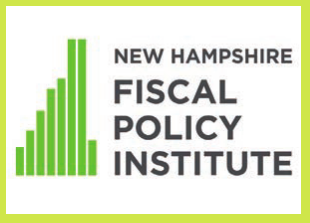The next state budget will be making key investments in both enhanced public support for housing opportunity and for funding the healthcare workforce during the next two years. Both sets of investments provide workforce supports through expanded housing availability and access to healthcare, which are cornerstones for a successful economy, particularly one with a very limited available labor force.
After some changes, the final version of the budget will boost Medicaid reimbursement rates with a $134.2 million investment in state funds. This total includes increases for most non-hospital providers and targeted investments for many key service areas, including community mental health, developmental disability supports, and both nursing and home-based care for older adults.
Each state dollar is matched with at least one federal dollar that flows into the New Hampshire economy. There were more than 224,000 enrollees on Medicaid at the end of April 2023, including children and individuals with long-term disabilities. Providing services to these enrollees requires a substantial private provider workforce funded in part by Medicaid reimbursements from the state to successfully deliver services. Hiring and retaining workers in a highly competitive job market requires sufficient funding to pay competitive wages and benefits. Medicaid reimbursement rate increases can help employers boost compensation and address healthcare workforce shortages.
The new budget will also make a one-time, $50 million investment in housing. There will be an additional $25 million devoted to investments in grants and loans targeted at affordable housing construction. Another $10 million will help municipalities and developers produce more housing through both policy changes and filling private sector funding gaps.
An additional $5.25 million will fund and administer new incentive programs for municipalities to undertake certain land use and zoning changes or upgrade utilities. A separate $10 million appropriation will support homeless shelters and related services.
Adding housing is essential for growing the labor force in New Hampshire. Without affordable places to live in the state, New Hampshire cannot attract and retain the skilled and socioeconomically diverse workforce needed to support a functioning economy into the future.
As more Granite Staters age out of the workforce, New Hampshire will need to offer more housing opportunities for potential new residents and families.
Phil Sletten is research director of the NH Fiscal Policy Institute. The NHFPI Policy Memo is a partnership of the NH Fiscal Policy Institute and NH Business Review.